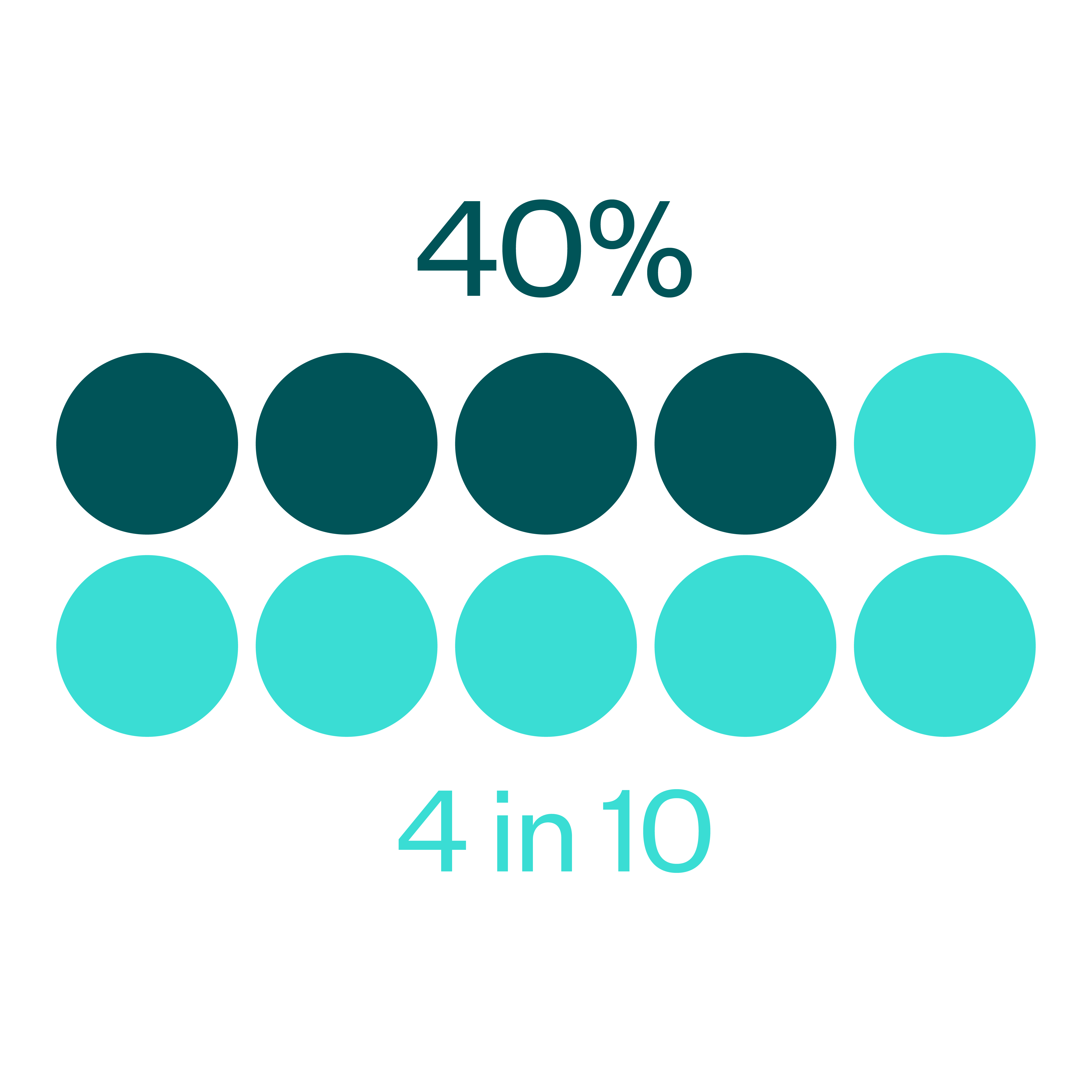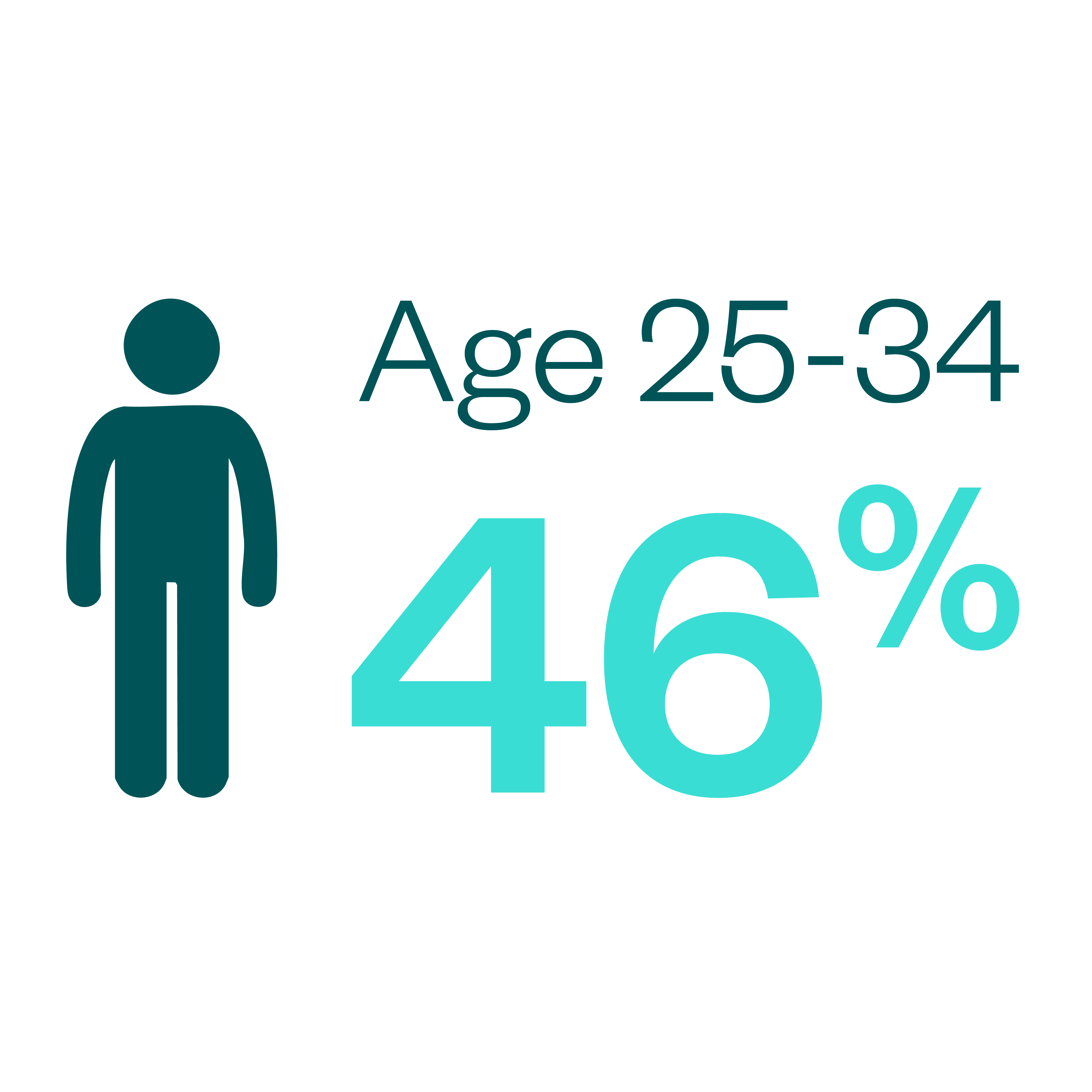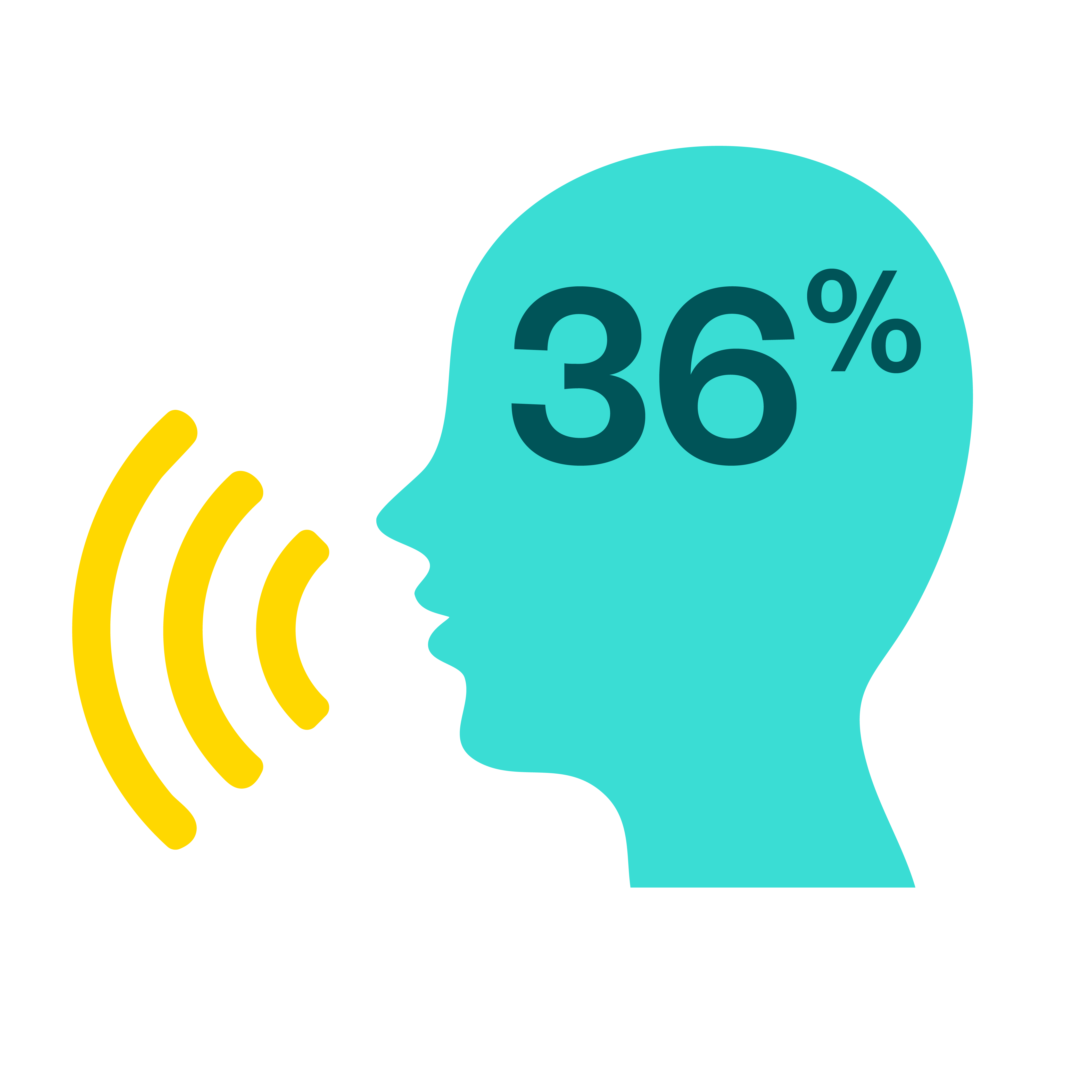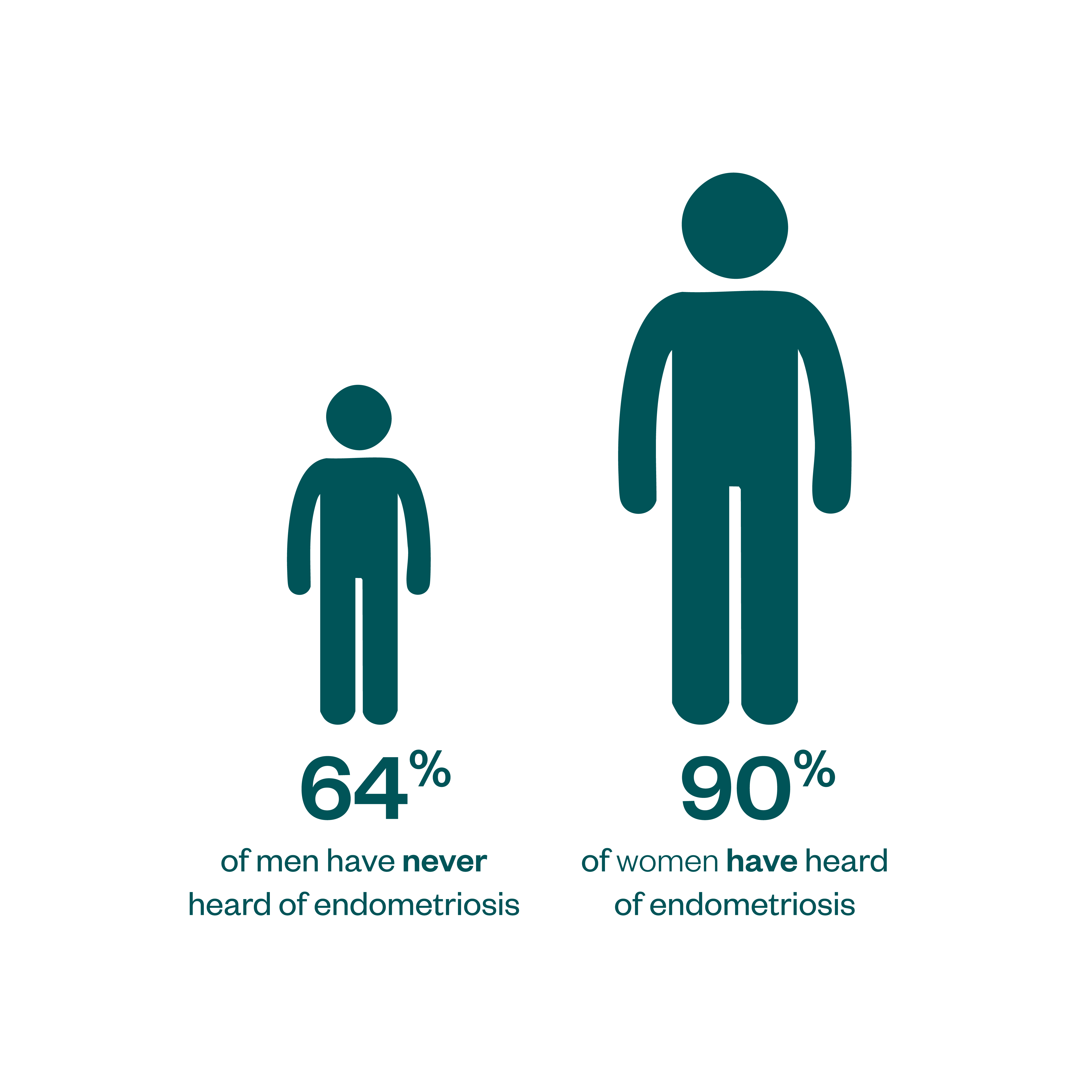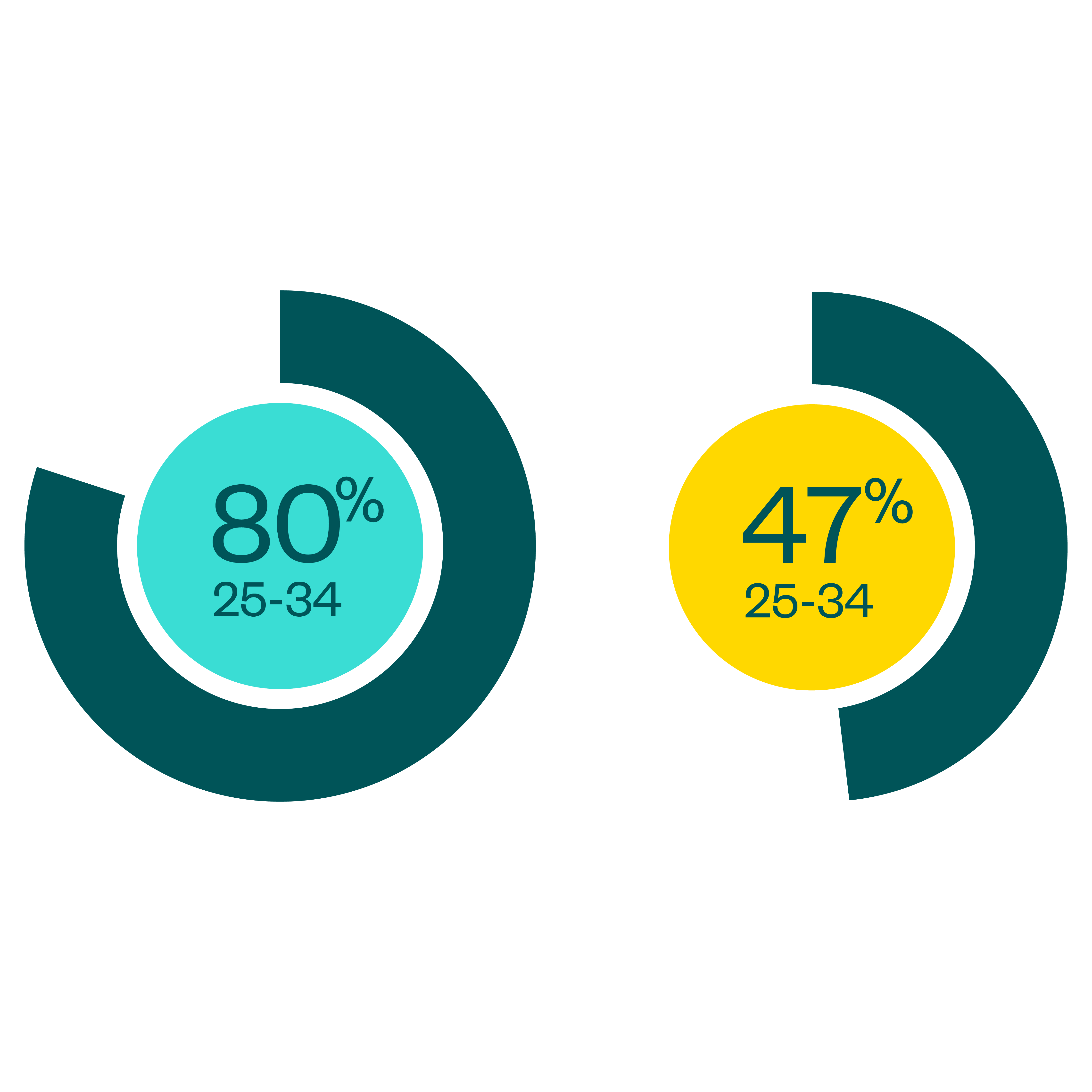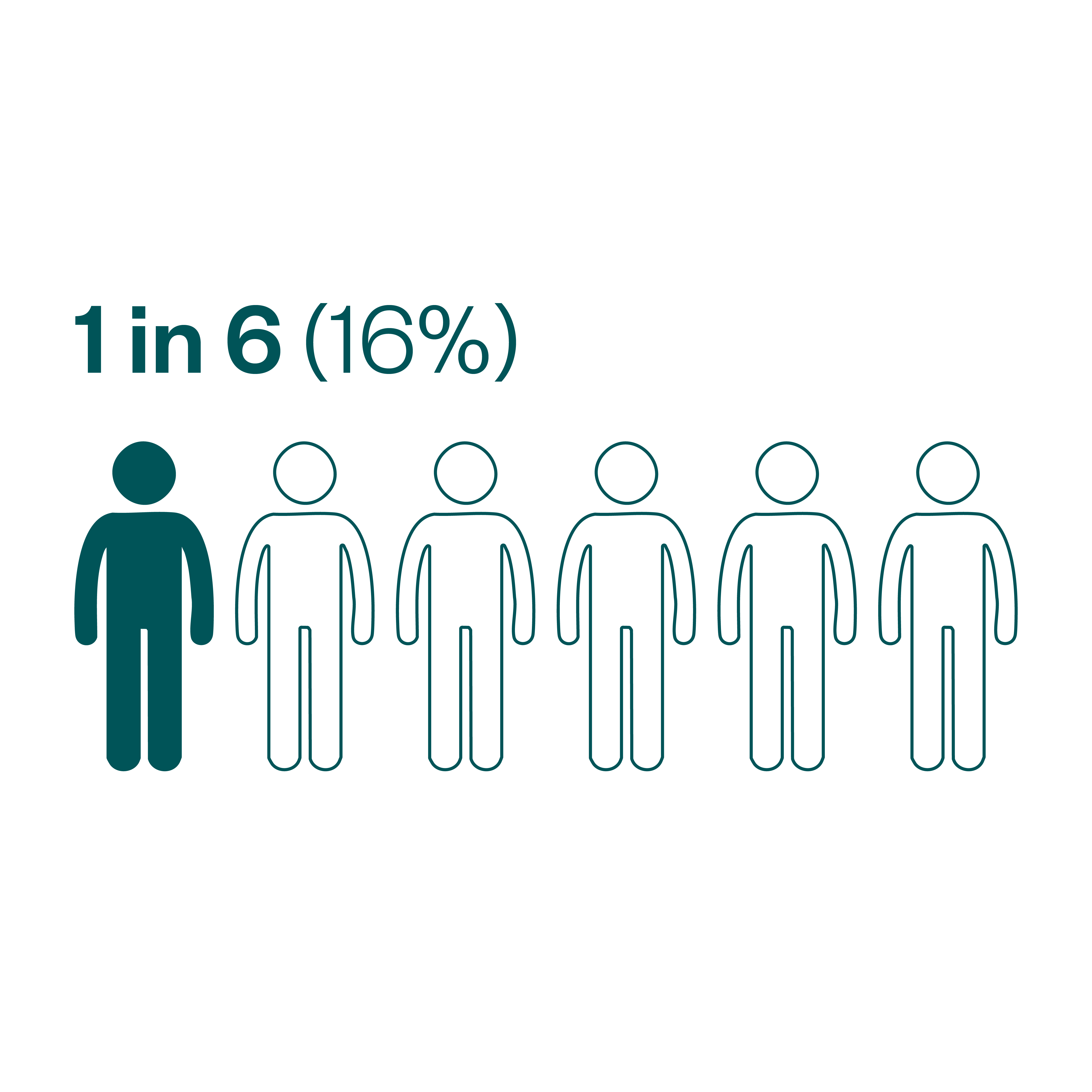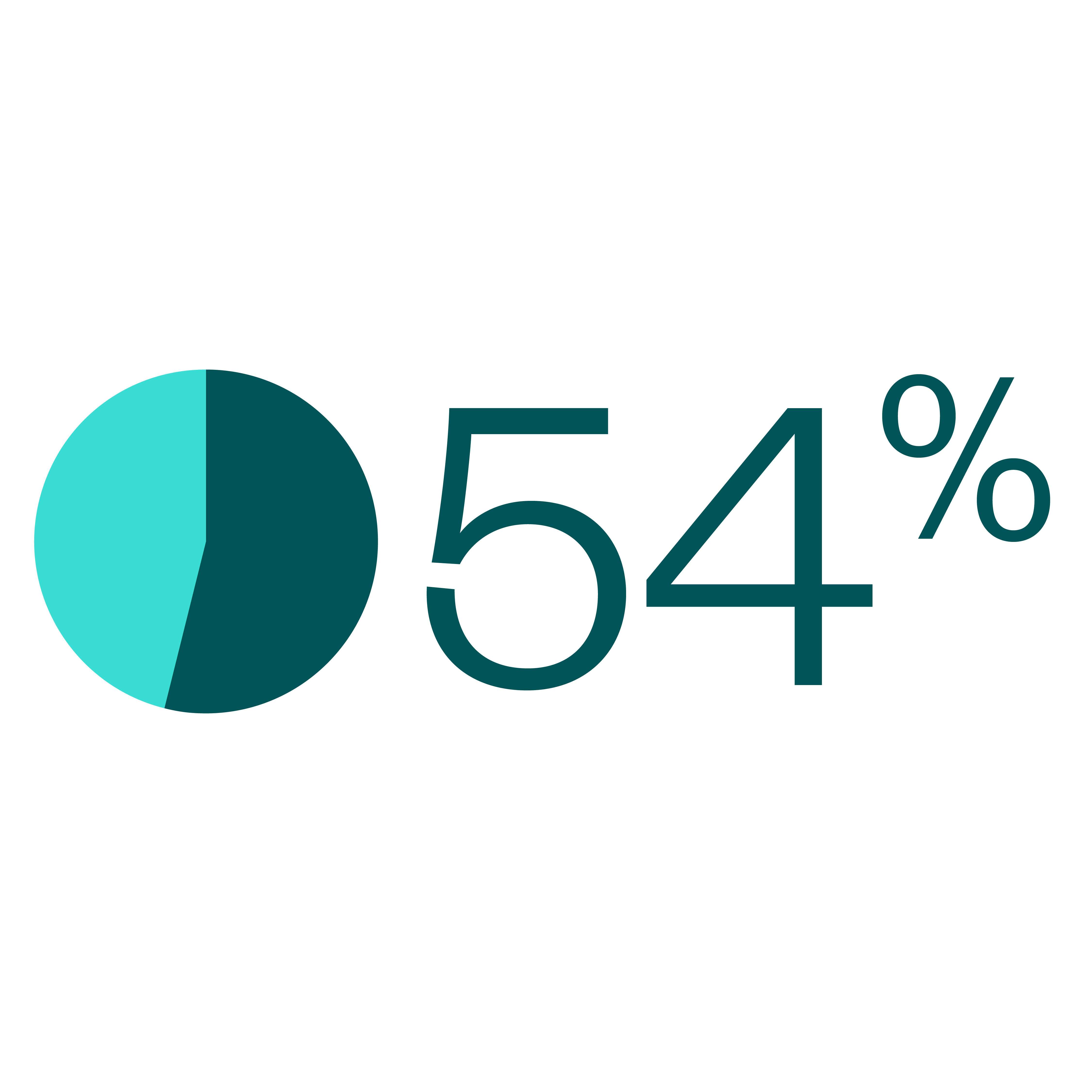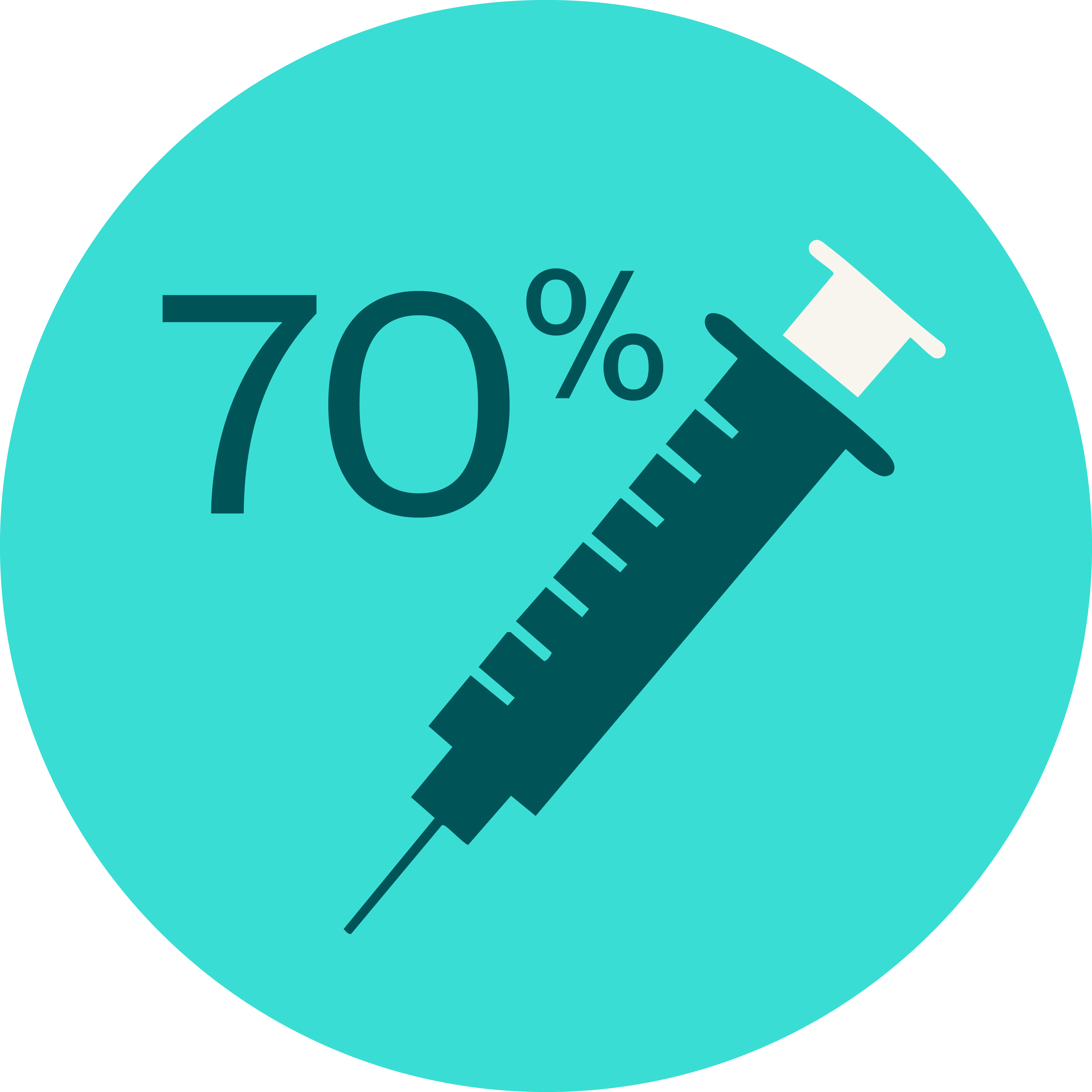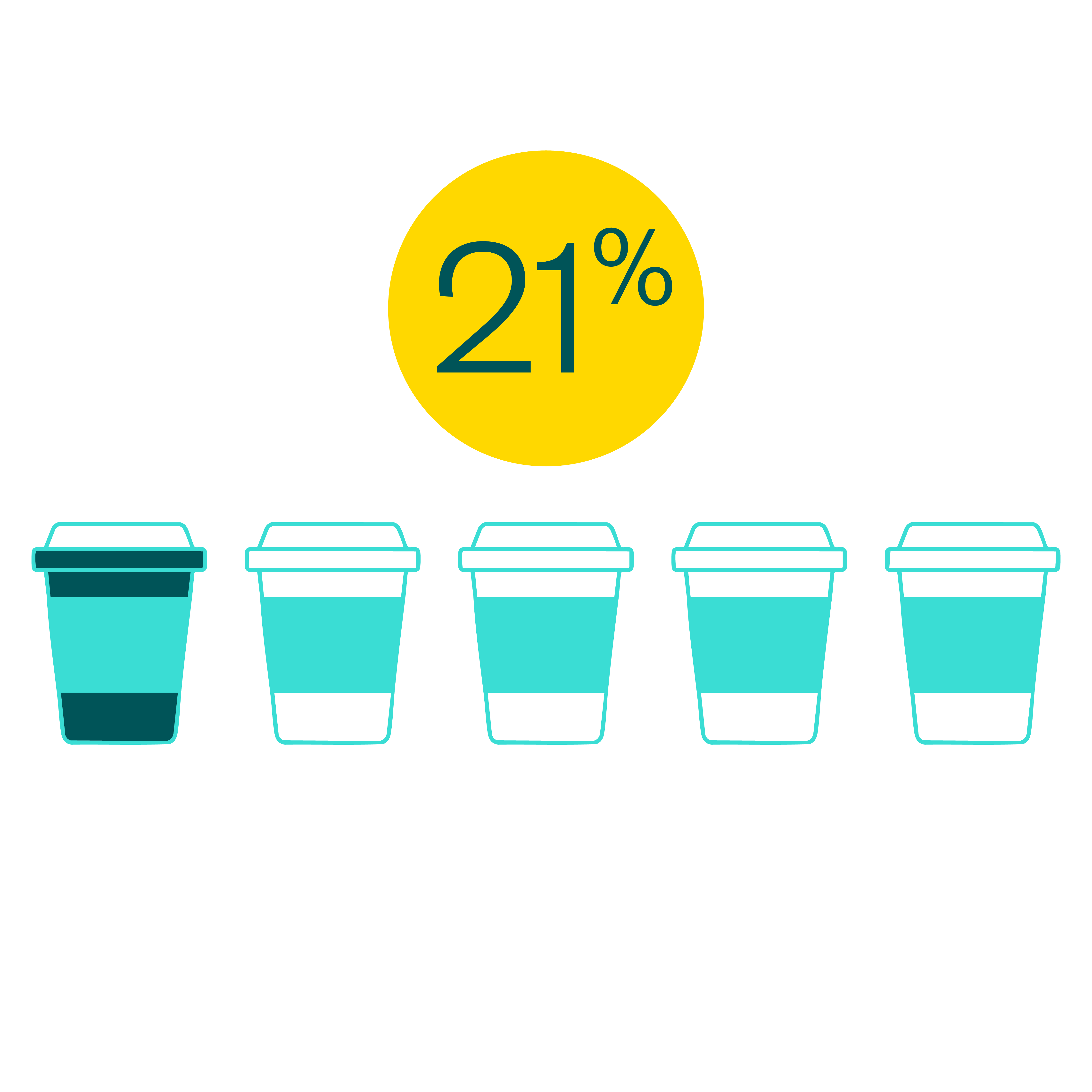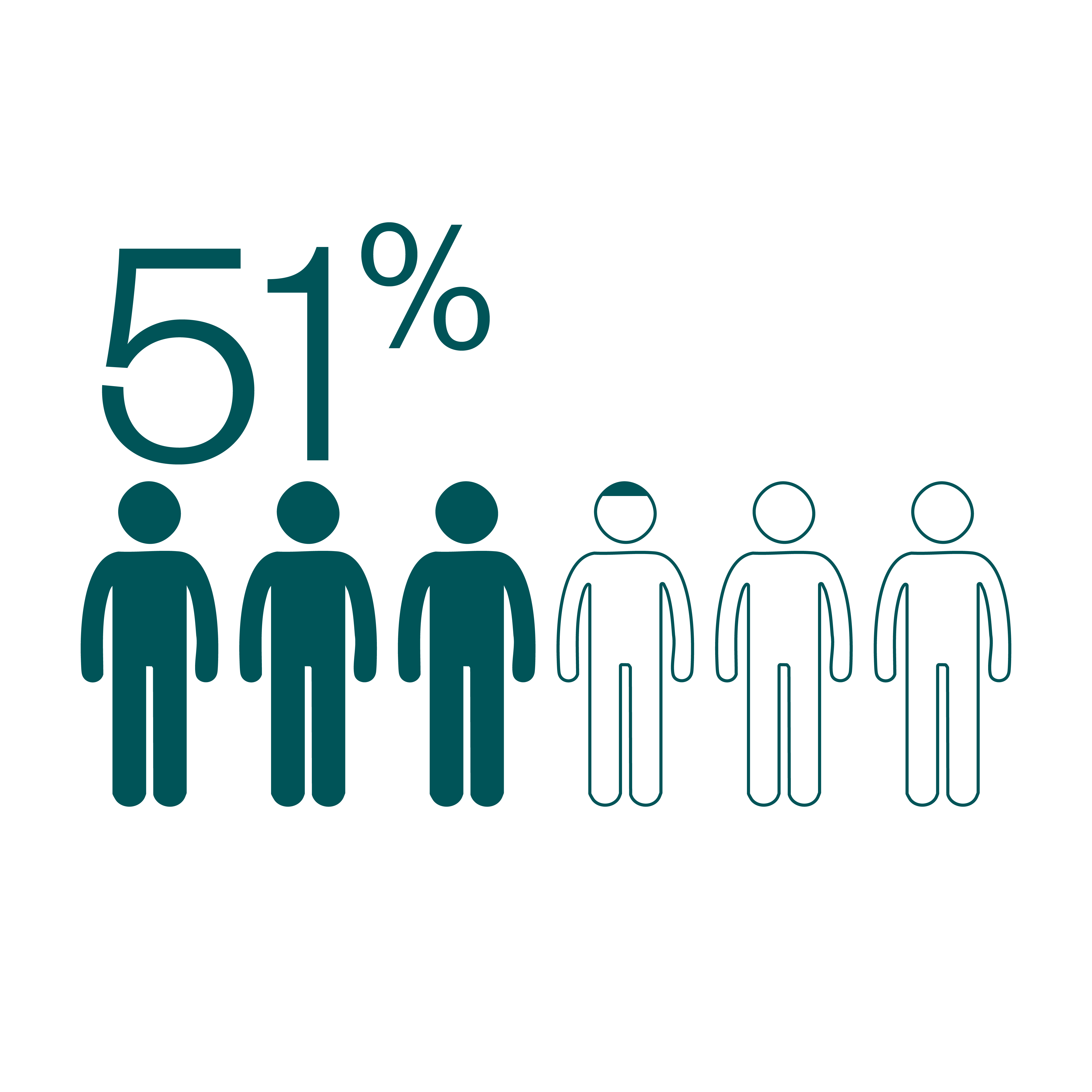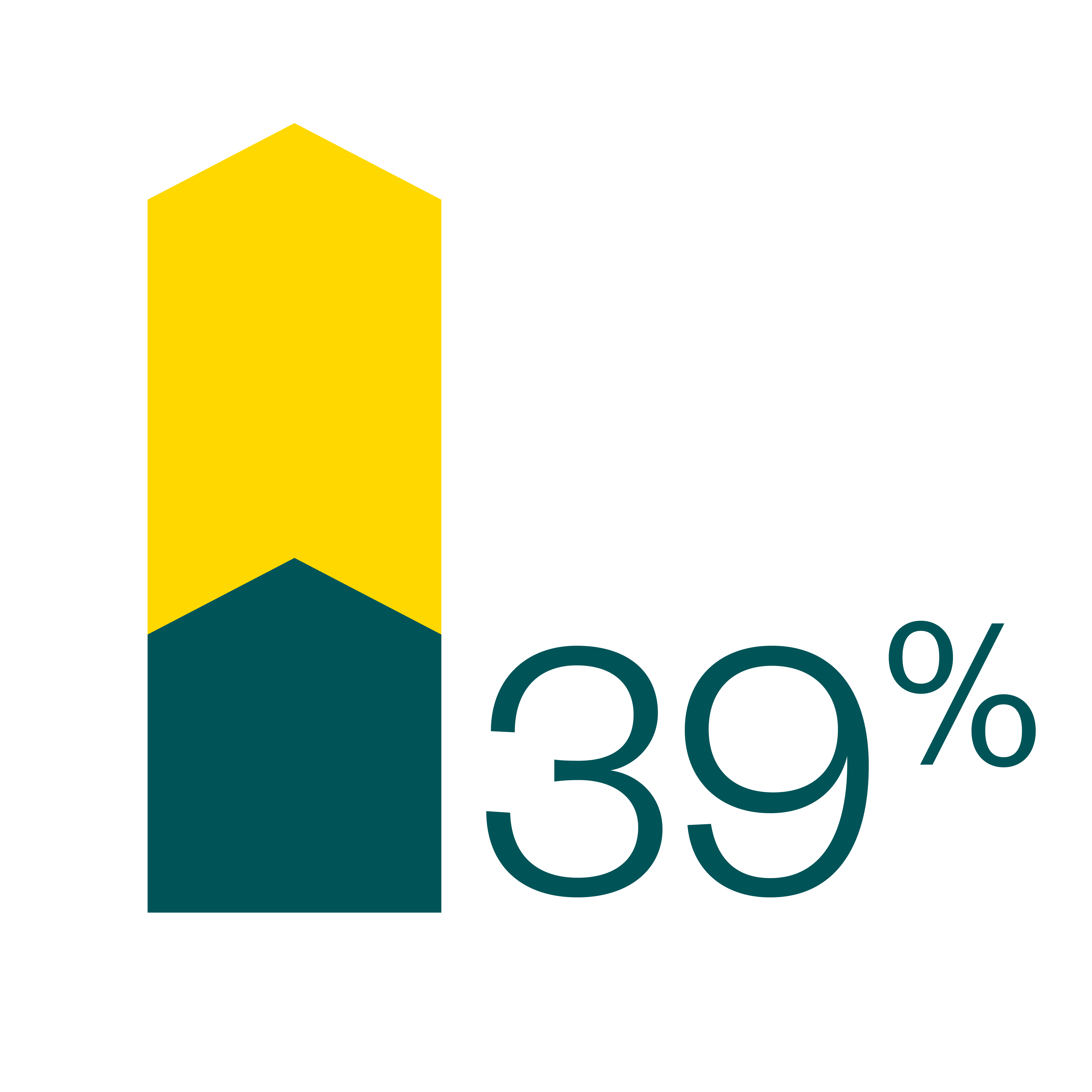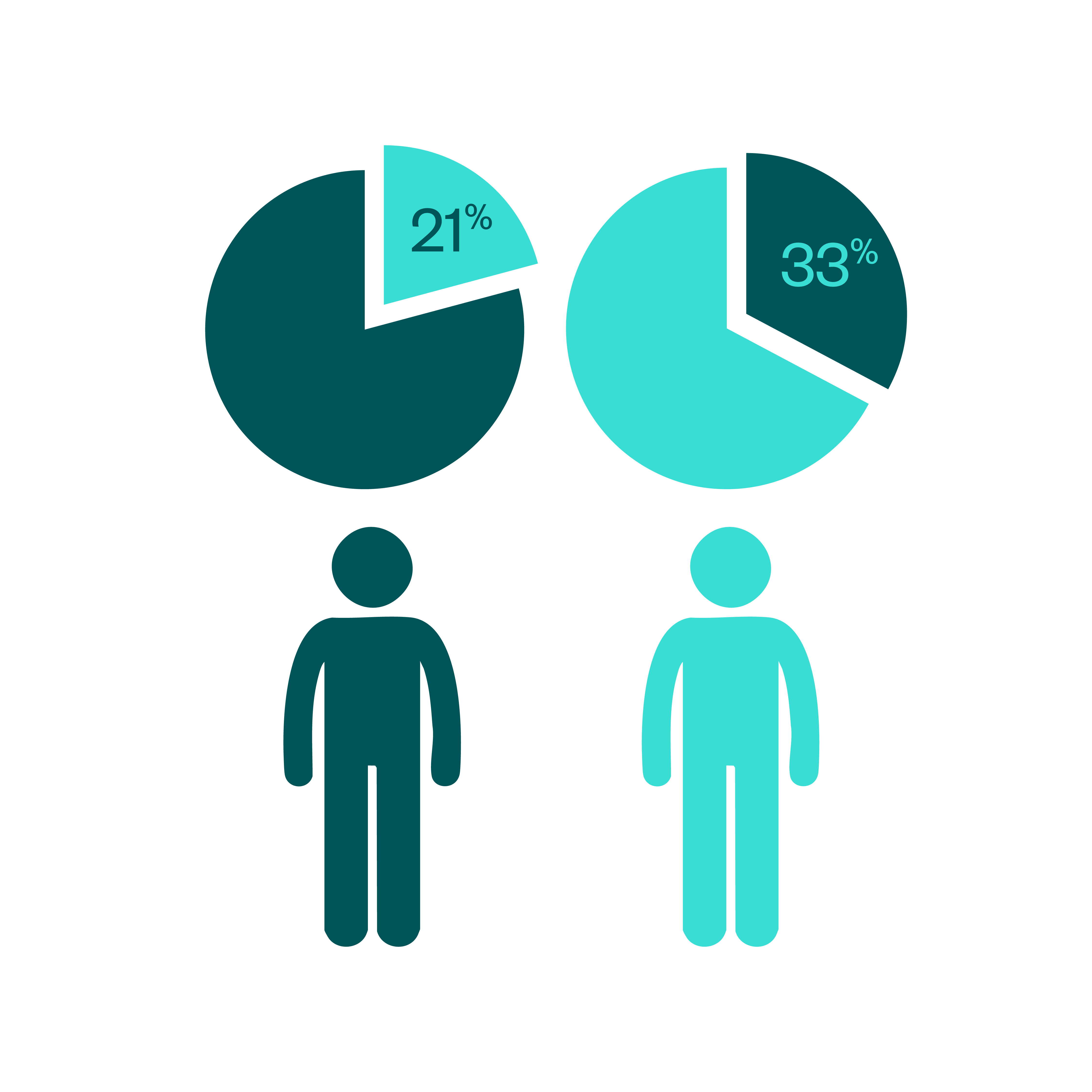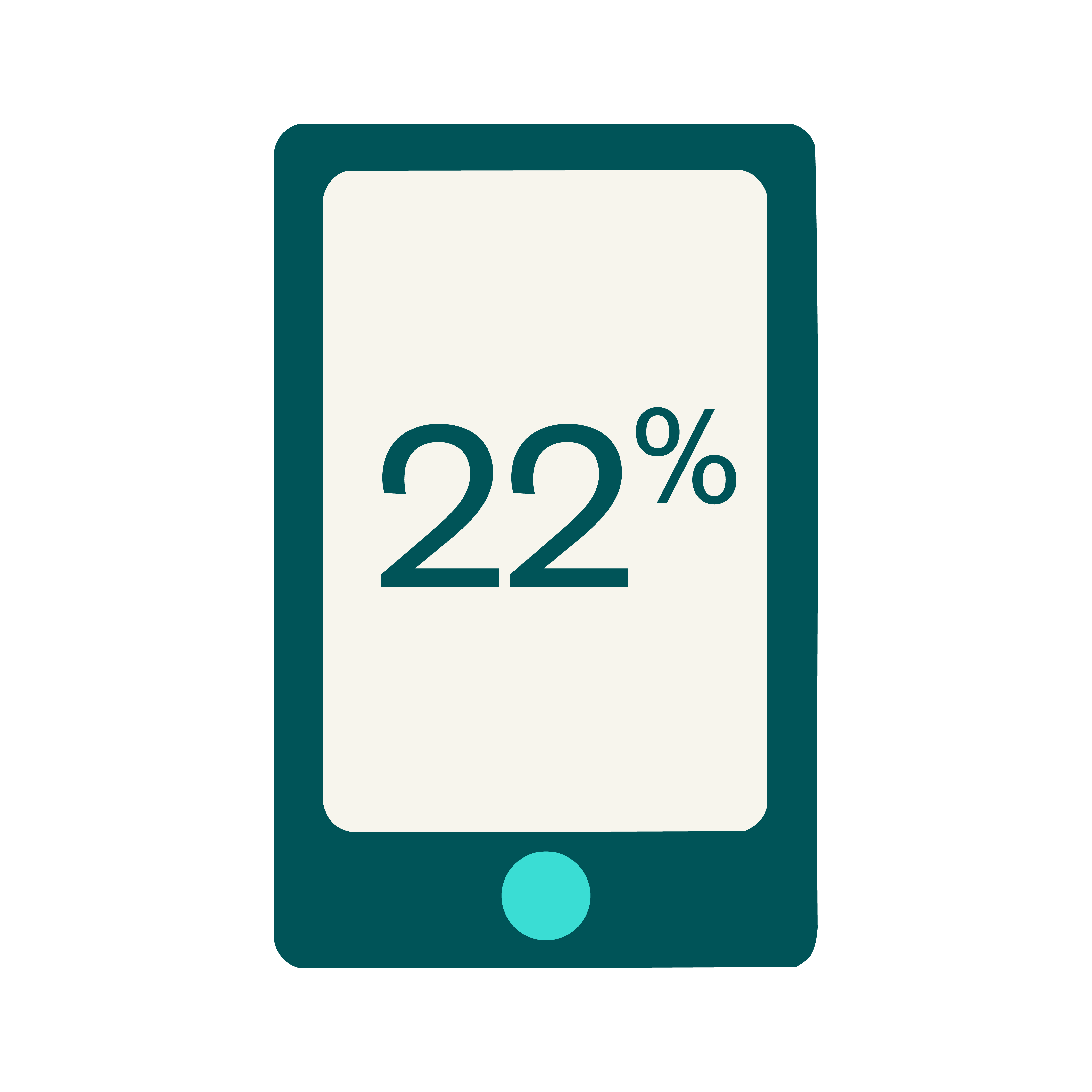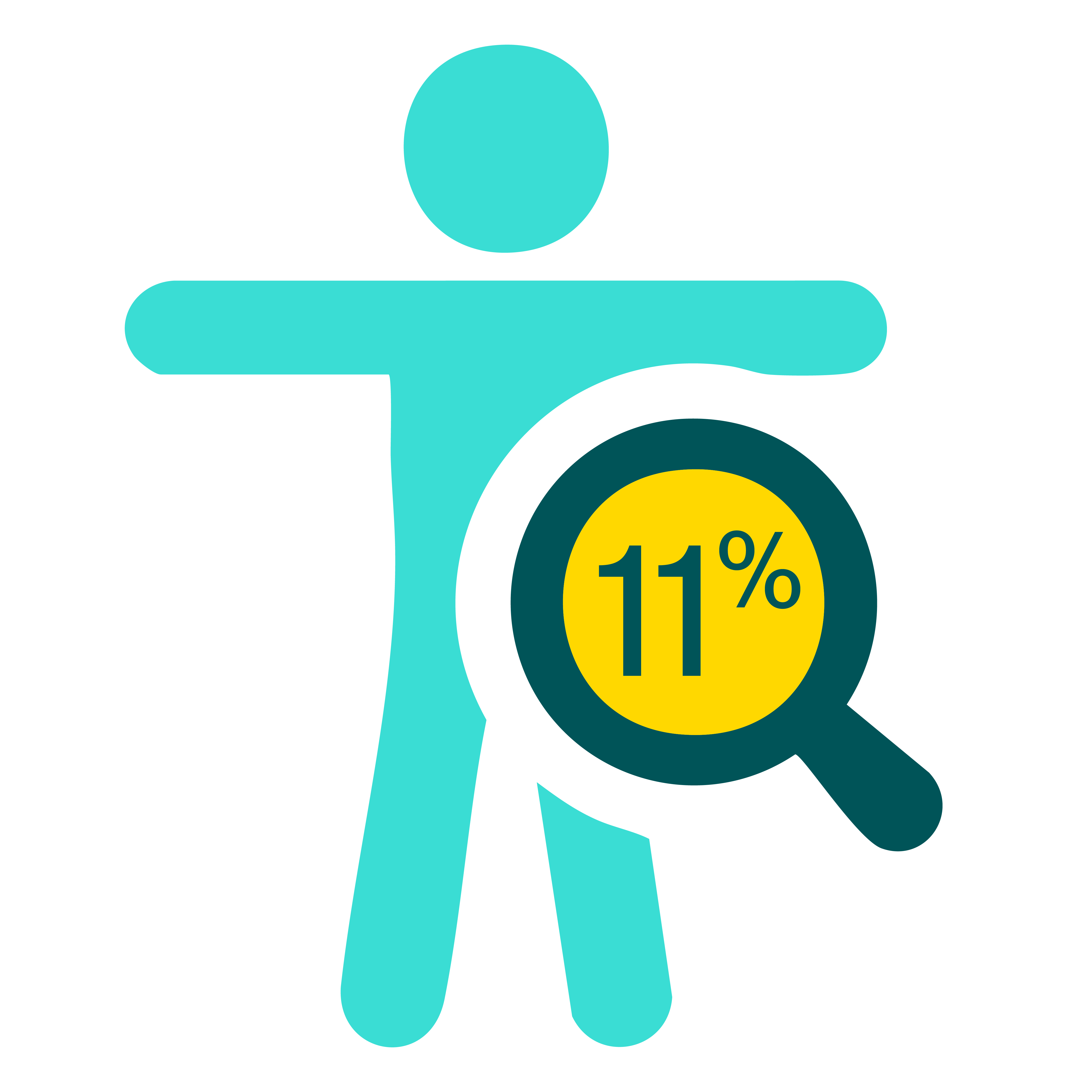Monash IVF Fertility Insights Index
Want to know what Australians really think, feel, and do about fertility?
Monash IVF has launched a groundbreaking initiative, tracking fertility trends to help health experts and policymakers better understand and support reproductive health. By sharing these insights annually, we aim to boost awareness and positive action.
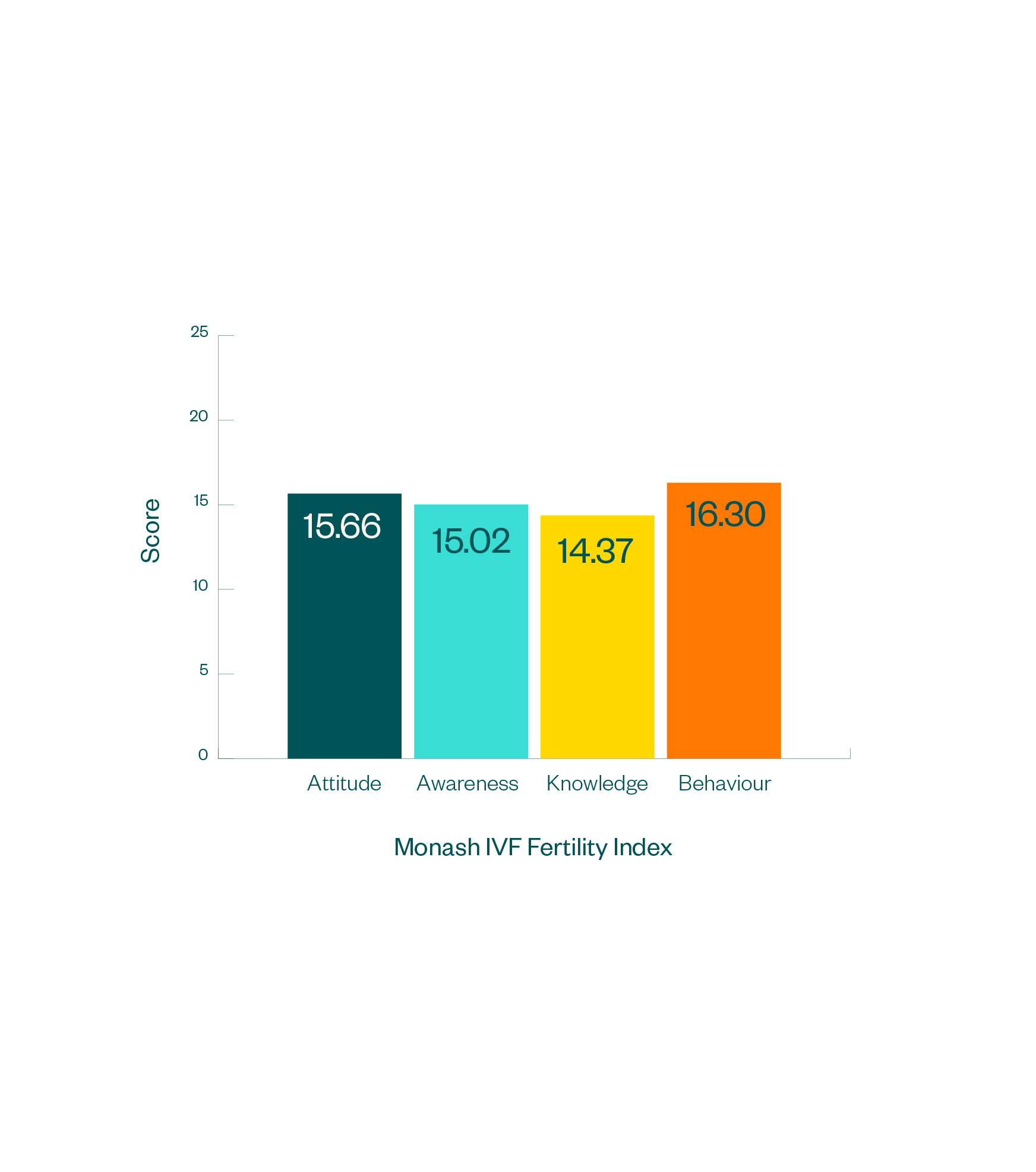
Australia’s Fertility Scores
1001 Australian’s aged 18-44 were surveyed on their attitude, awareness, knowledge and behaviour in relation to fertility. Based on the results, each of the dimensions were given a weighted score out of 25.
This index provides a baseline score that allows us to better understand how important fertility is to young people, how aware they are of reproductive health services and products and whether or not they are using them.
Explore the key findings below
State based findings
About the Survey
- Conducted by the Lab Insight & Strategy on behalf of Monash IVF Australia
- Online poll of 1001 people aged 18-44 (51% female, 48% male, 1% other)
- All states represented
- More than half (56%) of respondents do not have children, 21% are planning to have children, 10% are actively trying, 5% do not want children and 8% are unsure if they want children
Fertility Insights Index FAQs
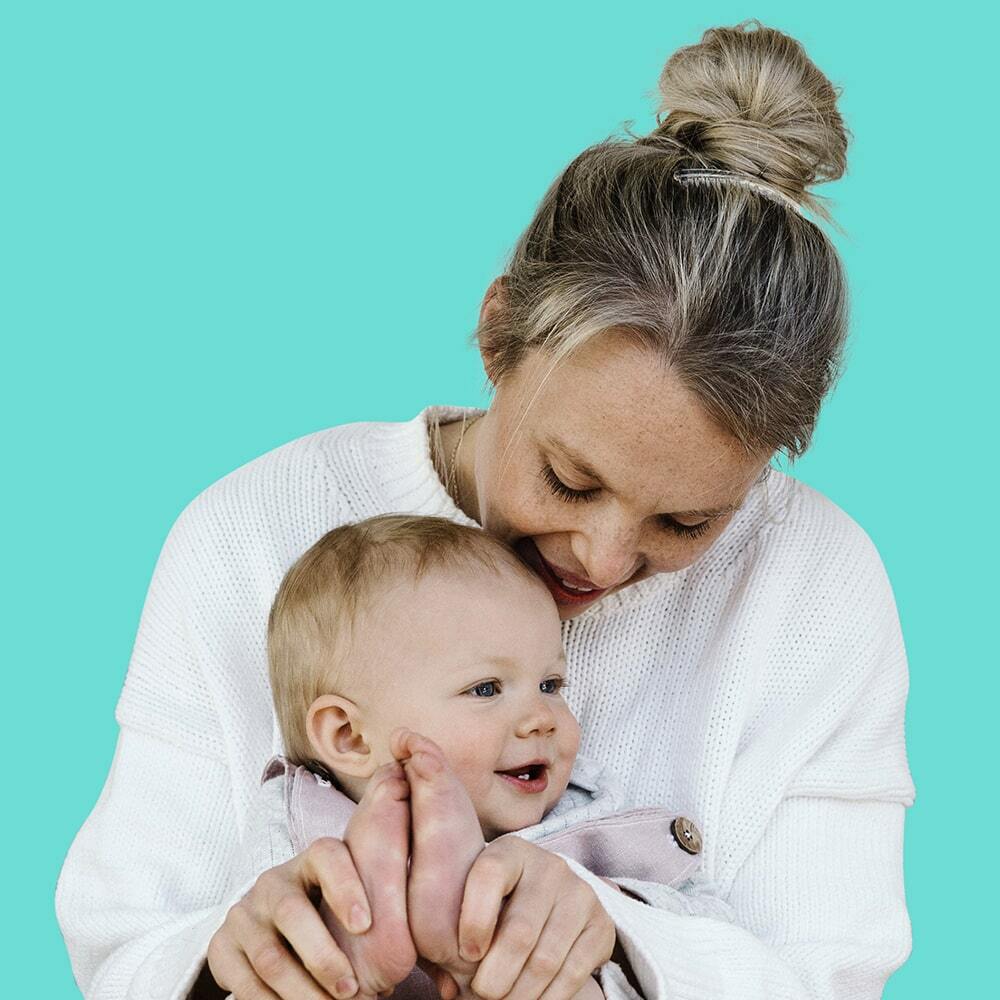
Start your fertility journey
Wherever you are on your journey, one of our supportive nurse enquiry team members can help you understand your options and take the next step. These conversations are free and informative.

